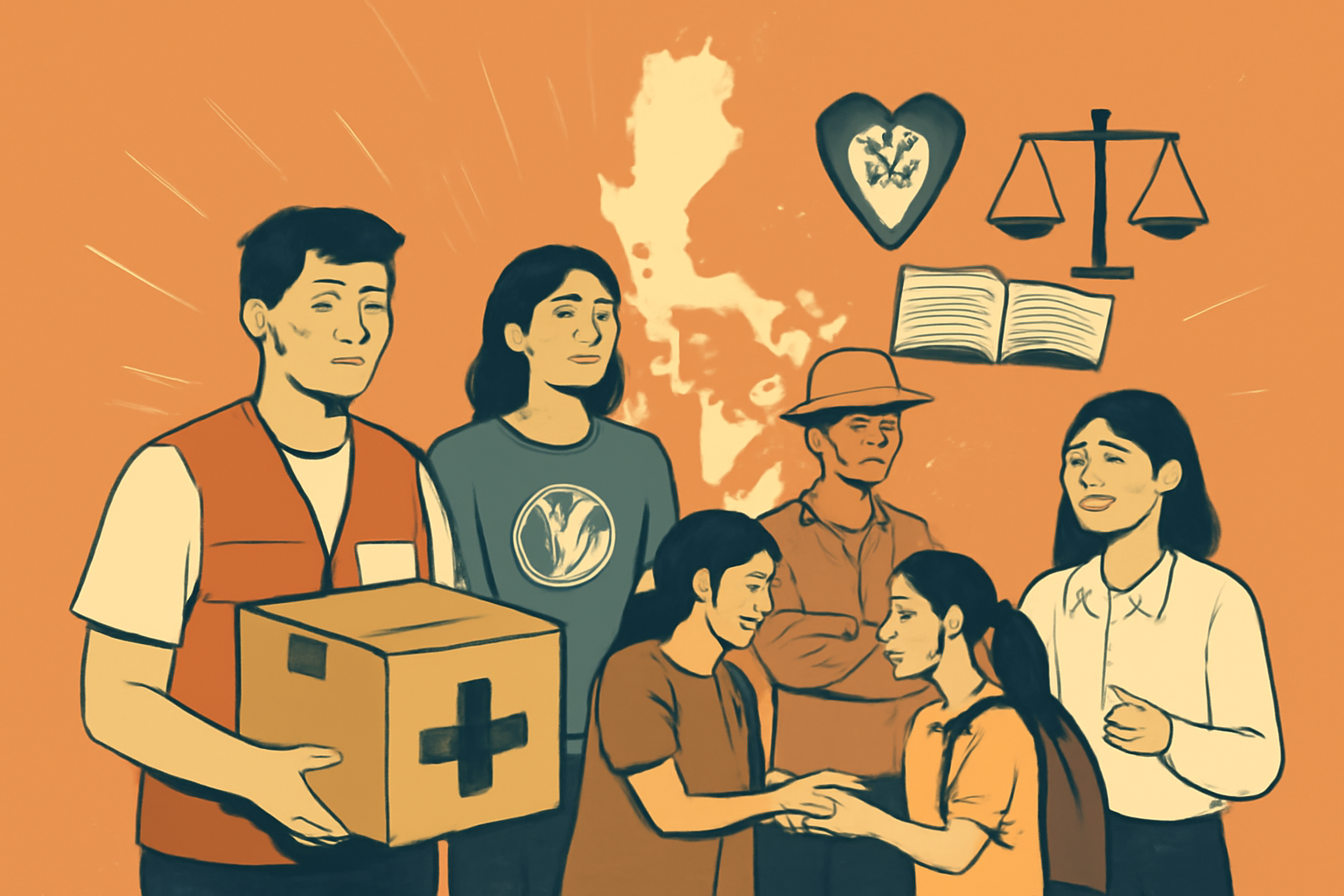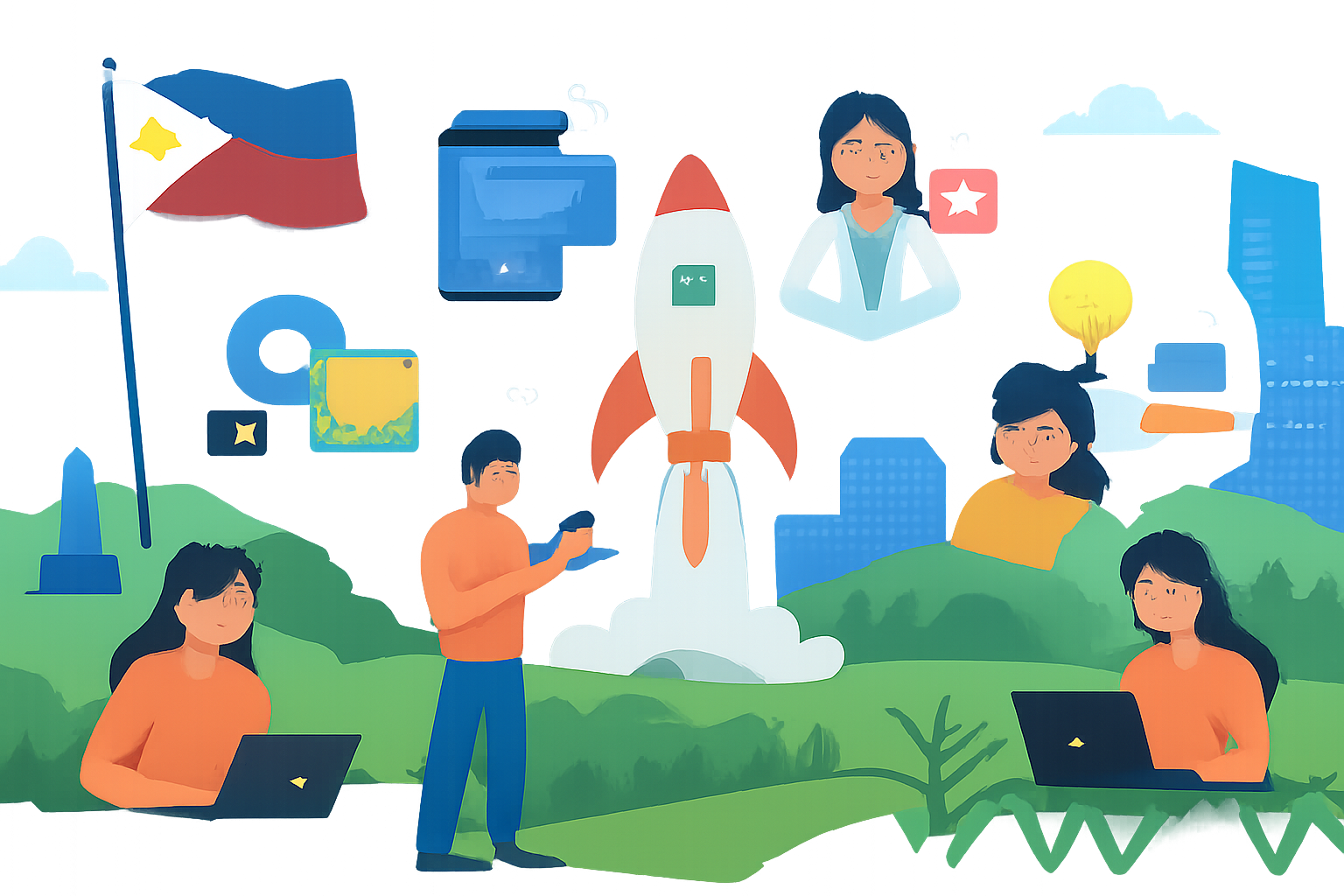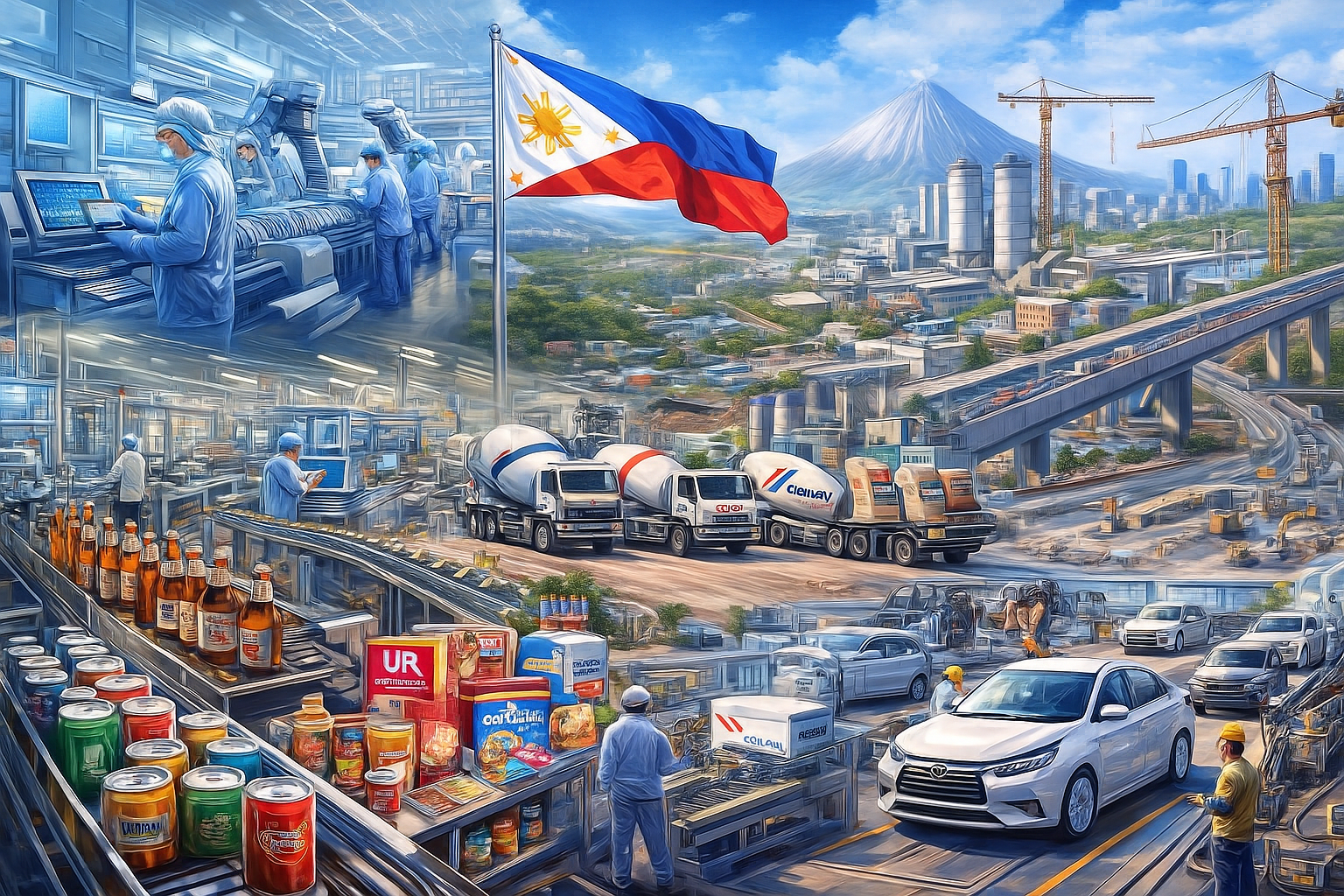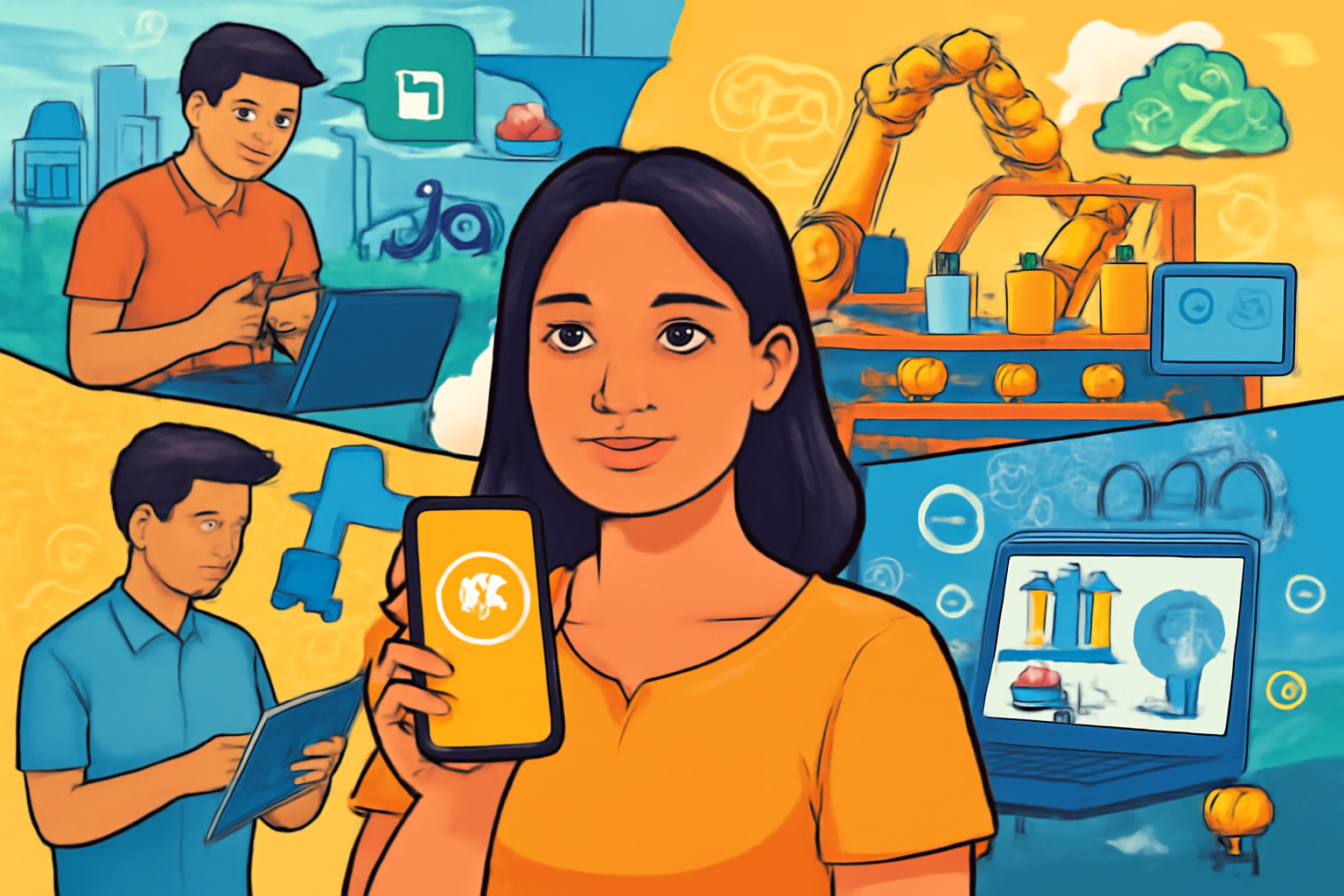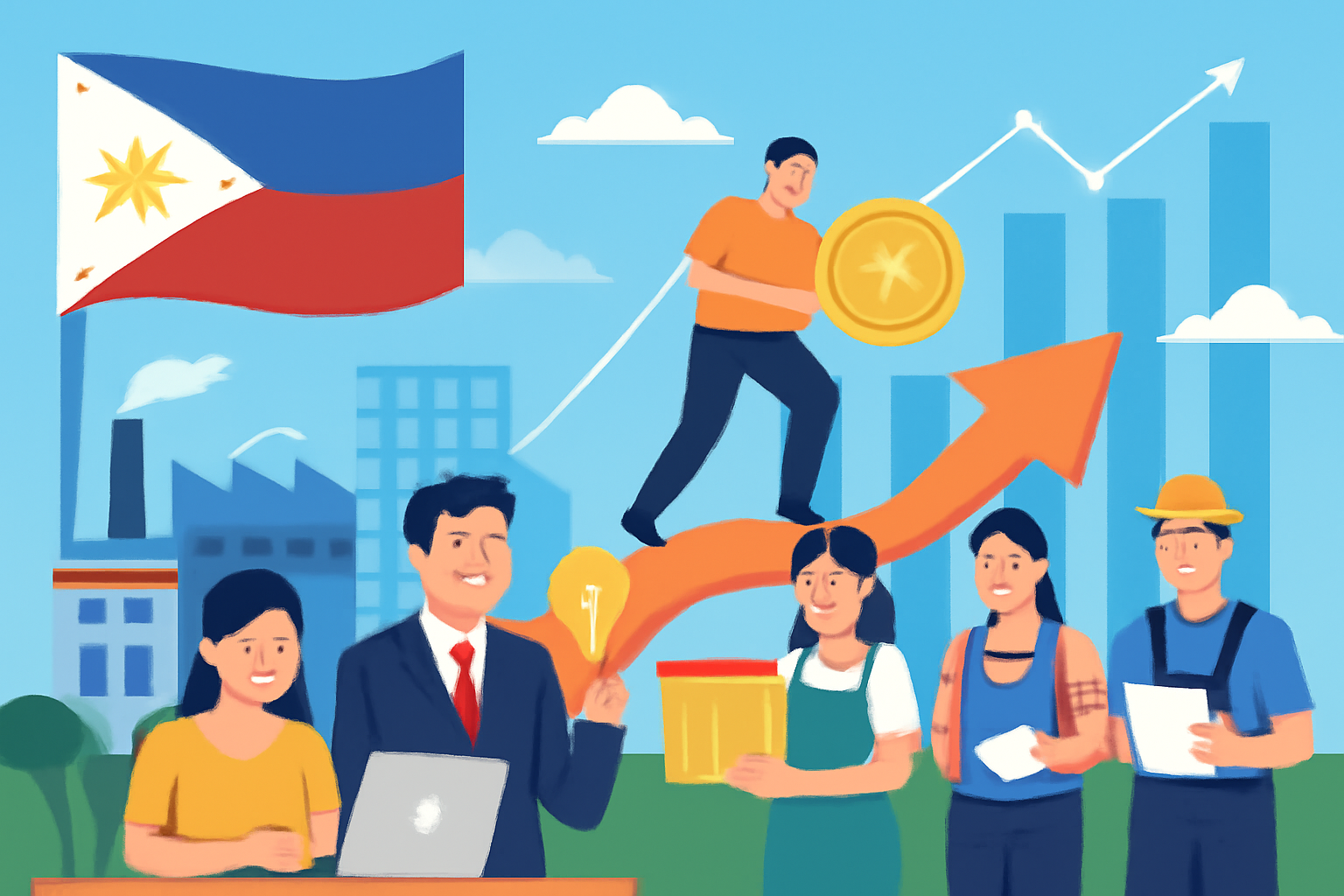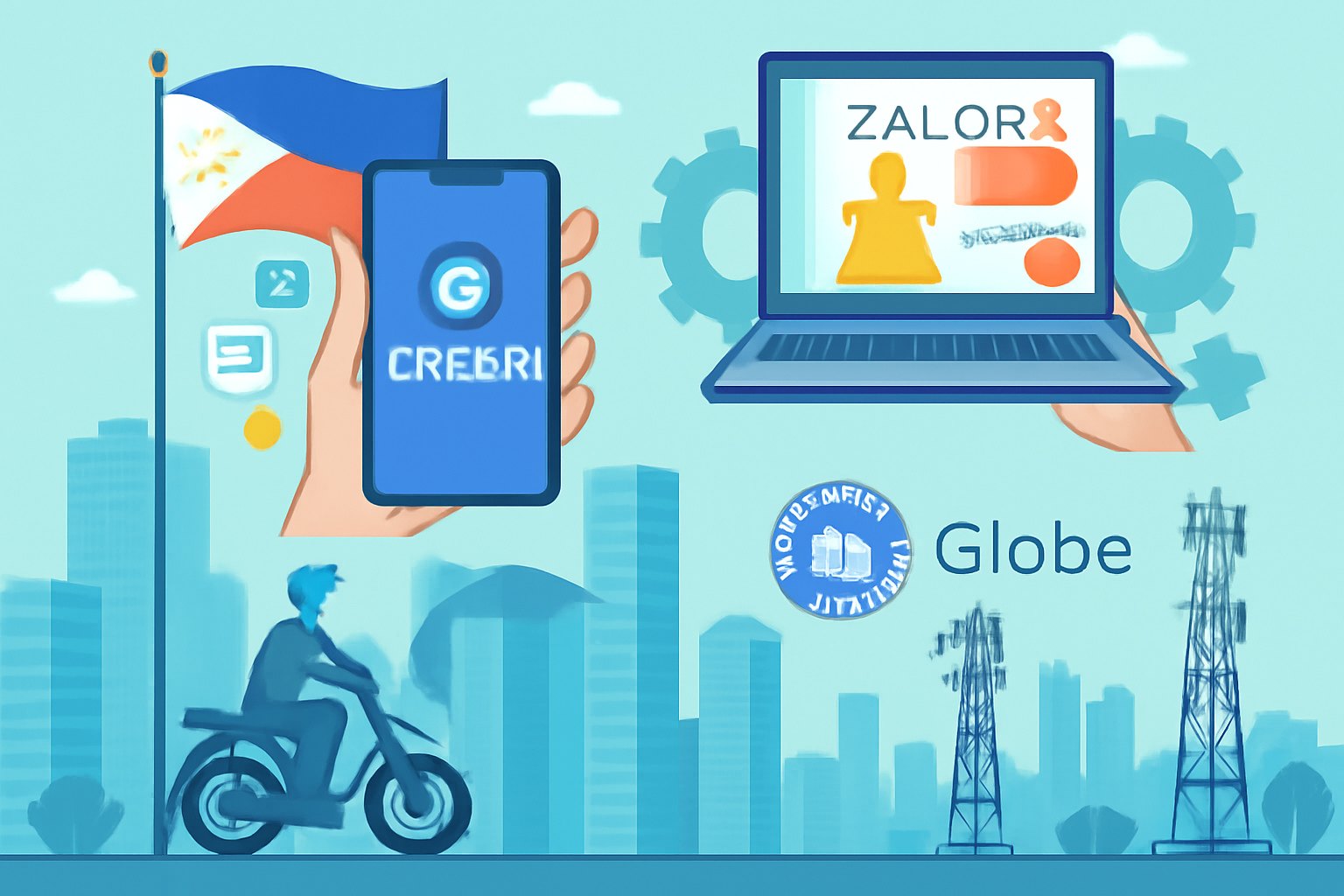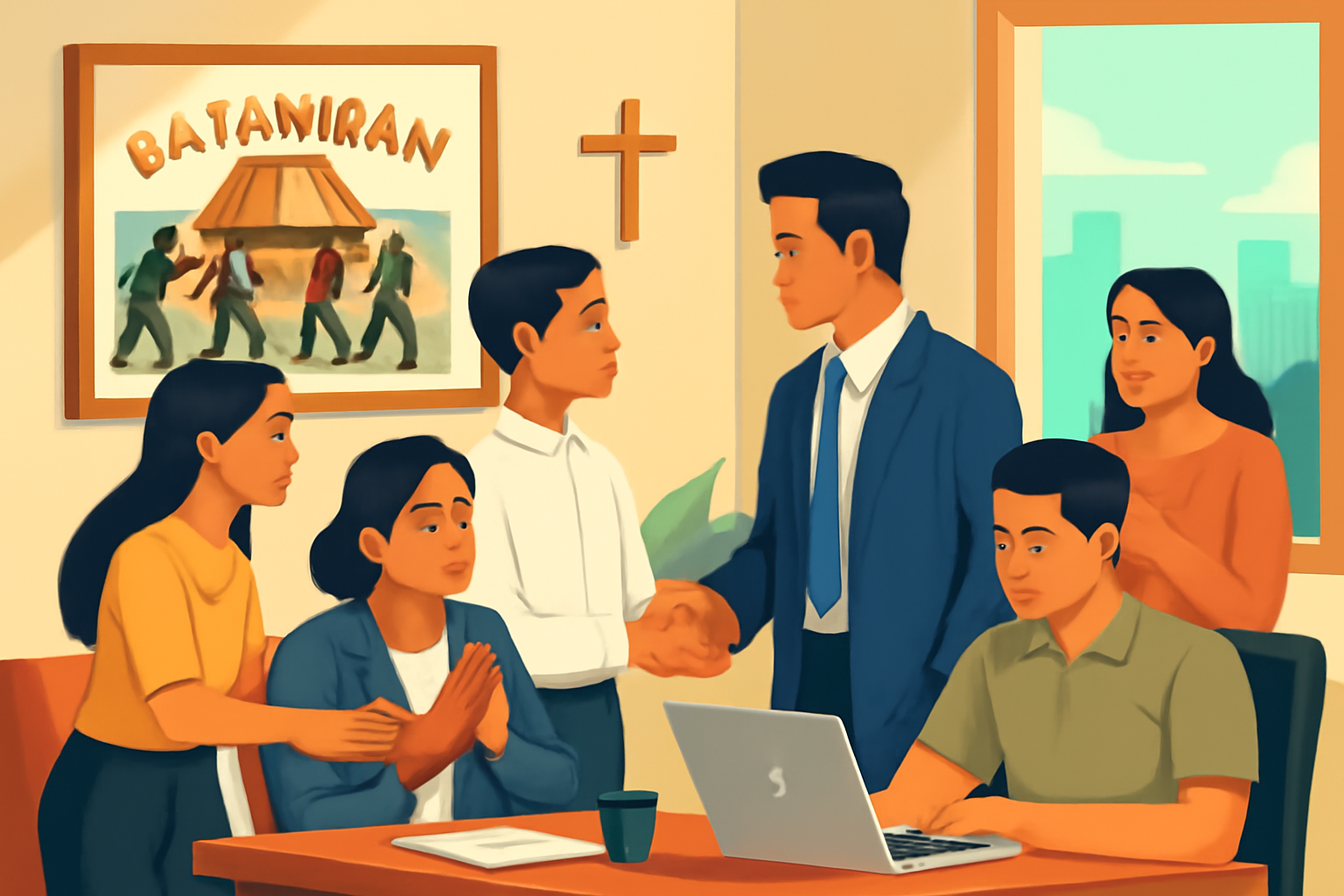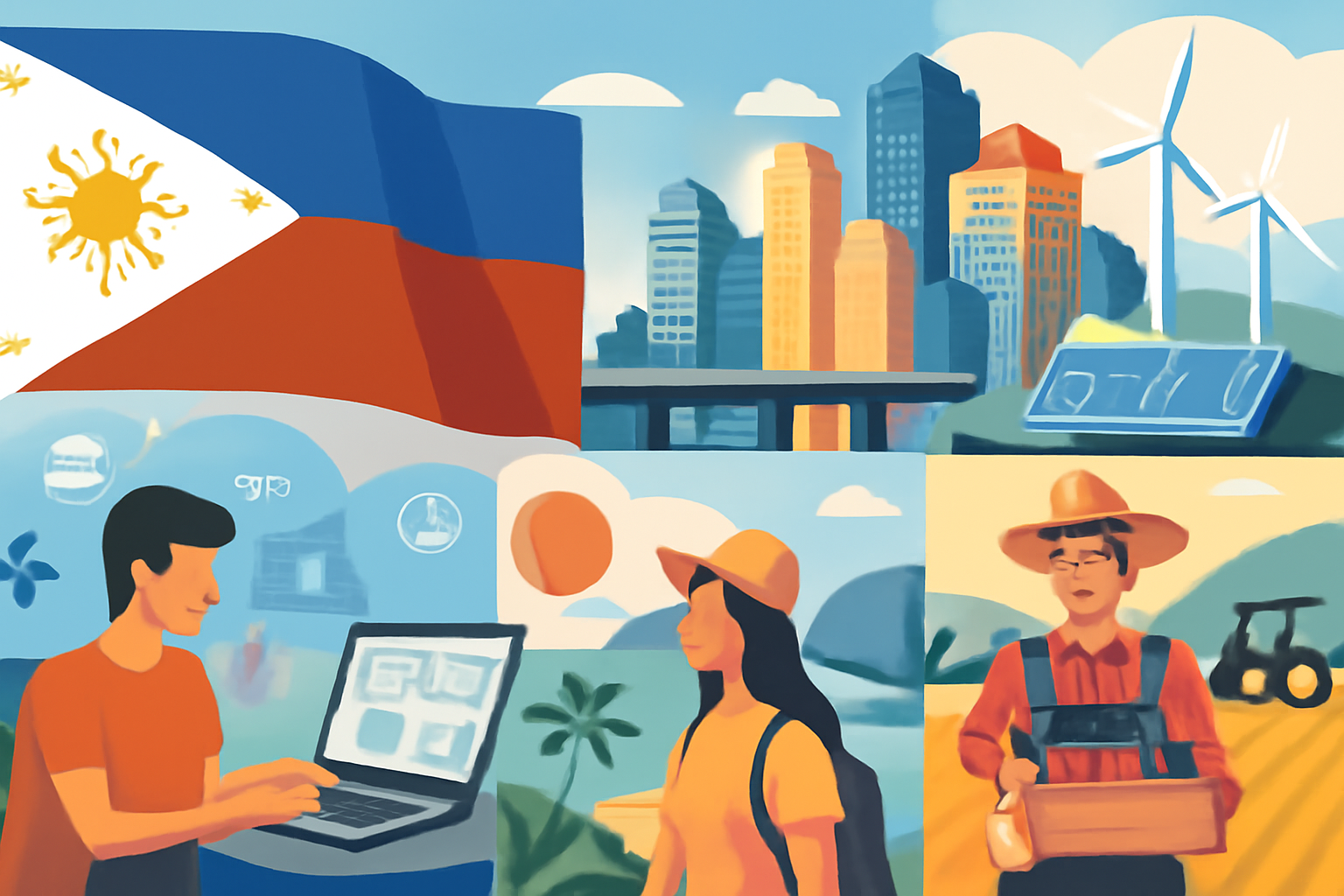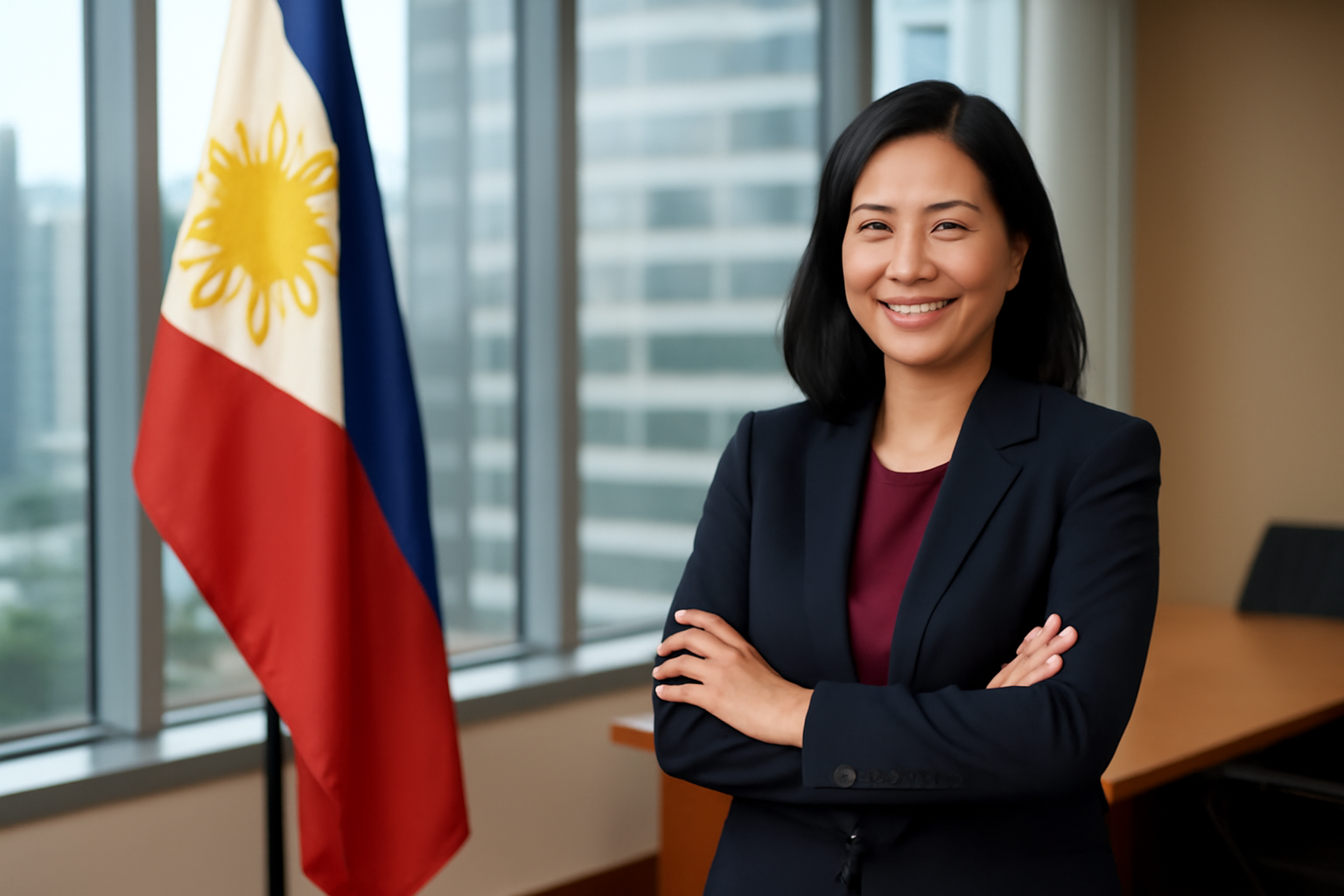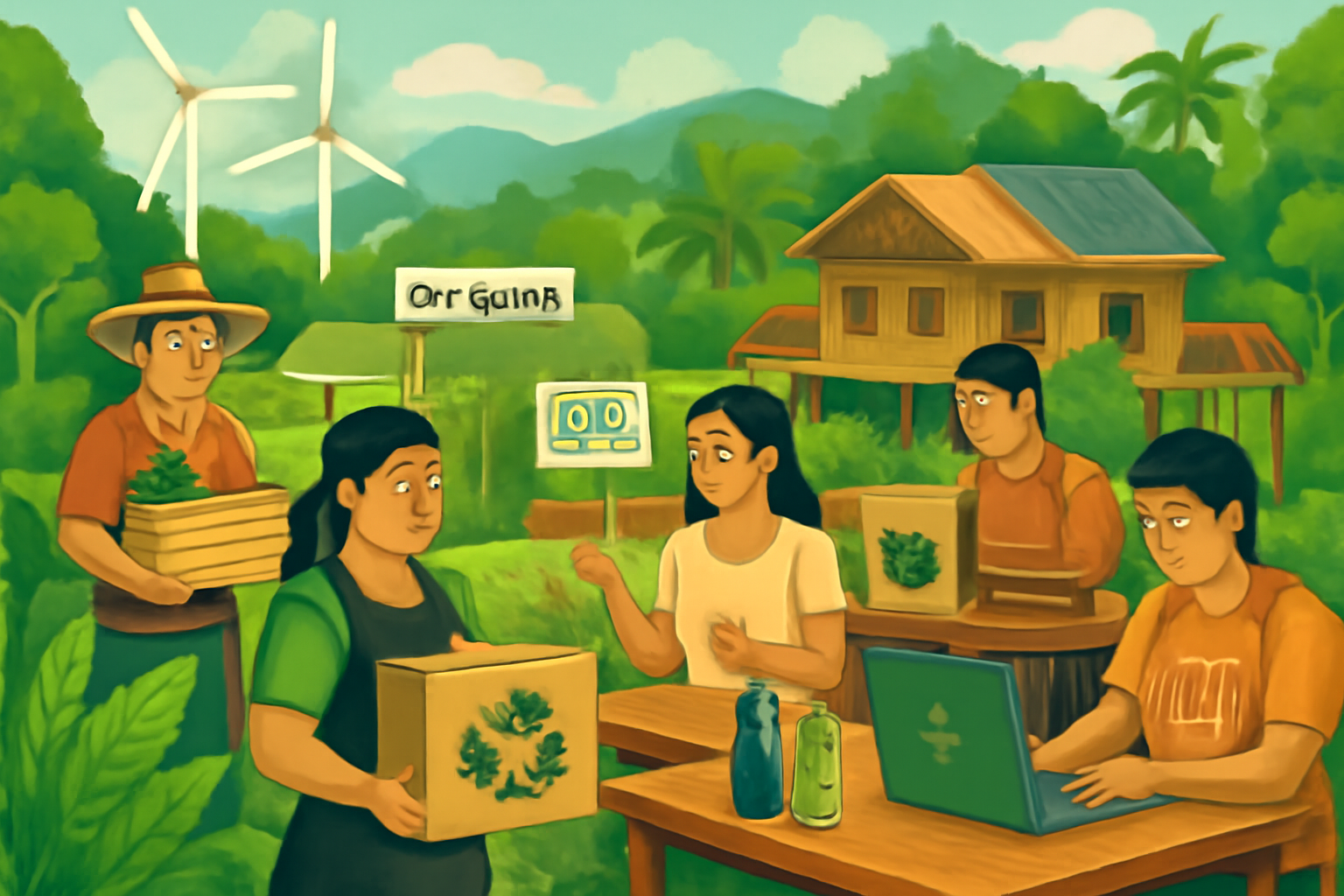Social and humanitarian organizations play a vital role in the Philippines, helping to address the country’s pressing social issues and improving the well-being of vulnerable populations. These organizations provide a wide range of services, from disaster response to healthcare and education, and they work tirelessly to create a more just and equitable society. The Philippines, with its rich history of struggle and resilience, has developed a network of organizations that focus on alleviating poverty, protecting human rights, and supporting those in need.
Disaster Relief and Emergency Assistance
The Philippines is prone to natural disasters such as typhoons, earthquakes, and volcanic eruptions. As a result, many humanitarian organizations have emerged to provide emergency relief to those affected by these calamities. One prominent organization in this field is the Philippine Red Cross (PRC). The PRC has been instrumental in offering immediate assistance, such as food, water, shelter, and medical care, to disaster-stricken communities. It also focuses on long-term rehabilitation efforts to help people rebuild their lives.
Other organizations, such as the Tahanan ng Pagmamahal Children’s Home, Inc., provide refuge and care for children who have been displaced due to natural disasters. These organizations not only help to meet immediate needs but also contribute to the resilience of affected communities by providing resources for recovery and rebuilding.
Addressing Poverty and Inequality
Social organizations in the Philippines also focus on combating poverty and promoting social equity. Many of these organizations work in rural and underserved areas where poverty rates are highest. One such group is Gawad Kalinga, an organization that aims to eradicate poverty through community development and the creation of sustainable livelihoods. Gawad Kalinga collaborates with local communities to develop long-term solutions to poverty by providing education, healthcare, and financial support for small businesses.
Another important organization is the Philippine Business for Social Progress (PBSP), which partners with businesses, local governments, and civil society organizations to implement programs that address issues such as education, healthcare, and job creation. These initiatives are crucial for uplifting marginalized communities and providing them with the tools they need to overcome systemic poverty.
Promoting Human Rights and Social Justice
Human rights and social justice are central to the mission of many organizations in the Philippines. Organizations such as the Karapatan Alliance for the Advancement of Human Rights advocate for the protection of civil liberties and the rights of marginalized groups, including indigenous people, women, and workers. These groups monitor and report human rights violations, raise awareness about abuses, and provide legal aid to victims of injustice.
In addition, the Ateneo Human Rights Center (AHRC) engages in human rights education and legal advocacy, ensuring that the rights of vulnerable populations are recognized and protected. Through its work, the AHRC fosters a culture of human rights awareness and promotes a legal framework that supports justice and accountability.
Education and Empowerment
Education is another area where social and humanitarian organizations have made significant contributions. In the Philippines, where access to quality education is often limited in rural areas, organizations like Teach for the Philippines and the Philippine Business for Social Progress aim to bridge the gap. Teach for the Philippines recruits talented individuals to teach in underserved communities, ensuring that children from all backgrounds have access to quality education.
In addition, organizations such as the Youth for Social Change provide leadership training and advocacy programs for young people, empowering them to become active participants in society and agents of social change. These initiatives help cultivate a generation of Filipino youth who are committed to improving their communities and addressing societal challenges.
Conclusion
Social and humanitarian organizations in the Philippines are essential to the country’s development. They play an indispensable role in disaster response, poverty alleviation, human rights protection, and education. These organizations are not only providing immediate relief but are also helping to create lasting change by promoting sustainable development, social justice, and empowerment. The continued efforts of these organizations are critical in building a better future for all Filipinos, especially those who are marginalized and disadvantaged.

